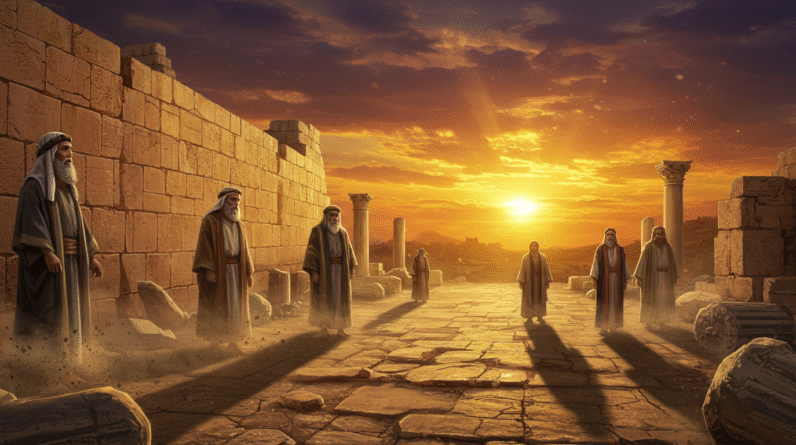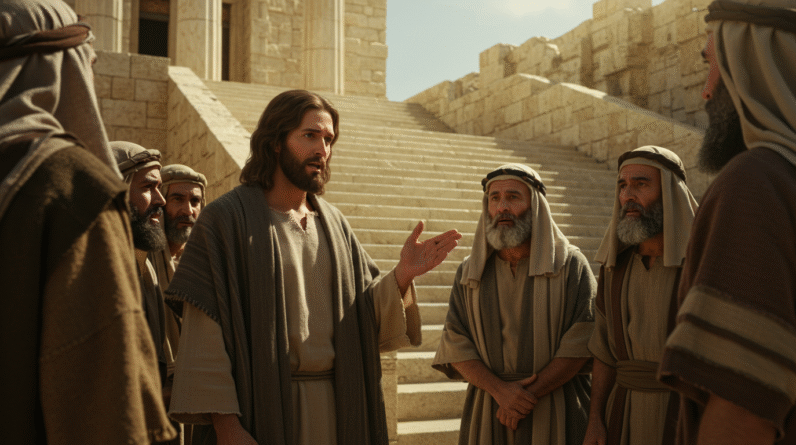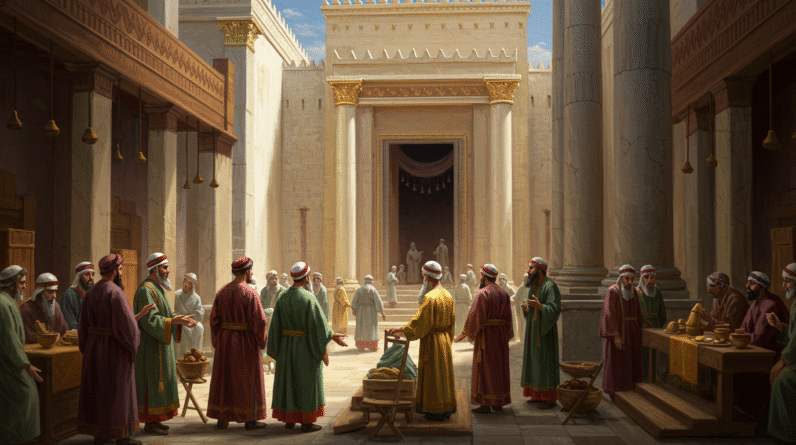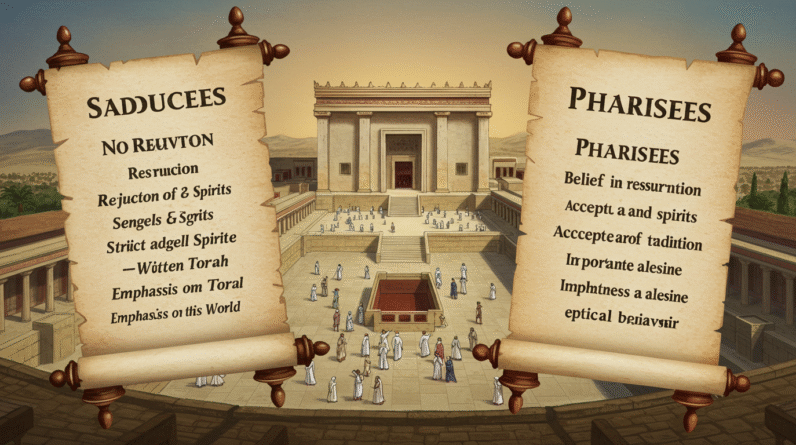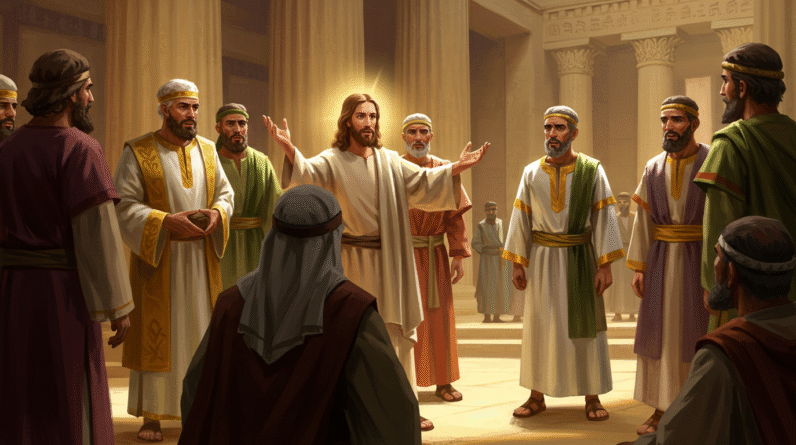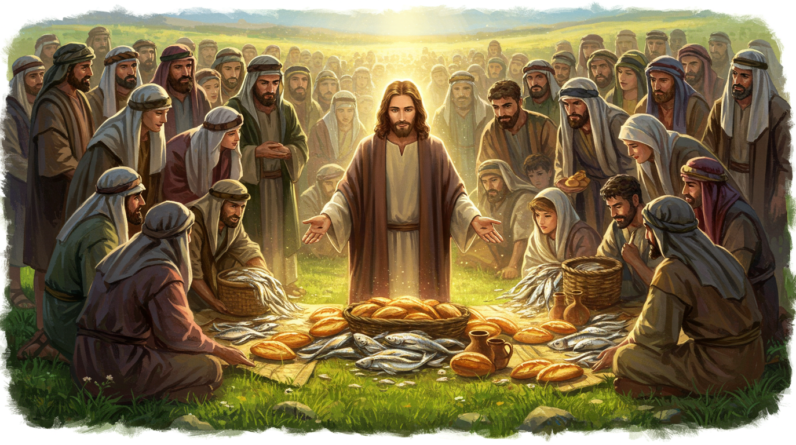Explore the Babylonians’ profound role in biblical history with Daniel and Jeremiah. Uncover the lessons of faith, resilience, and hope amidst exile.
The Babylonians – Daniel 1:1-7; Jeremiah 29:10-14
The pages of history whisper tales of ancient civilizations, but few are as intriguing or as significant as that of the Babylonians. This formidable empire, known for its marvels of architecture and deep-rooted culture, also played a pivotal role in several biblical narratives. In the sacred texts, particularly in Daniel 1:1-7 and Jeremiah 29:10-14, the Babylonians stand as a poignant reminder of divine prophecies and the resilience of faith. Let’s delve into their story and uncover the layers of lessons embedded within their rise and influence.
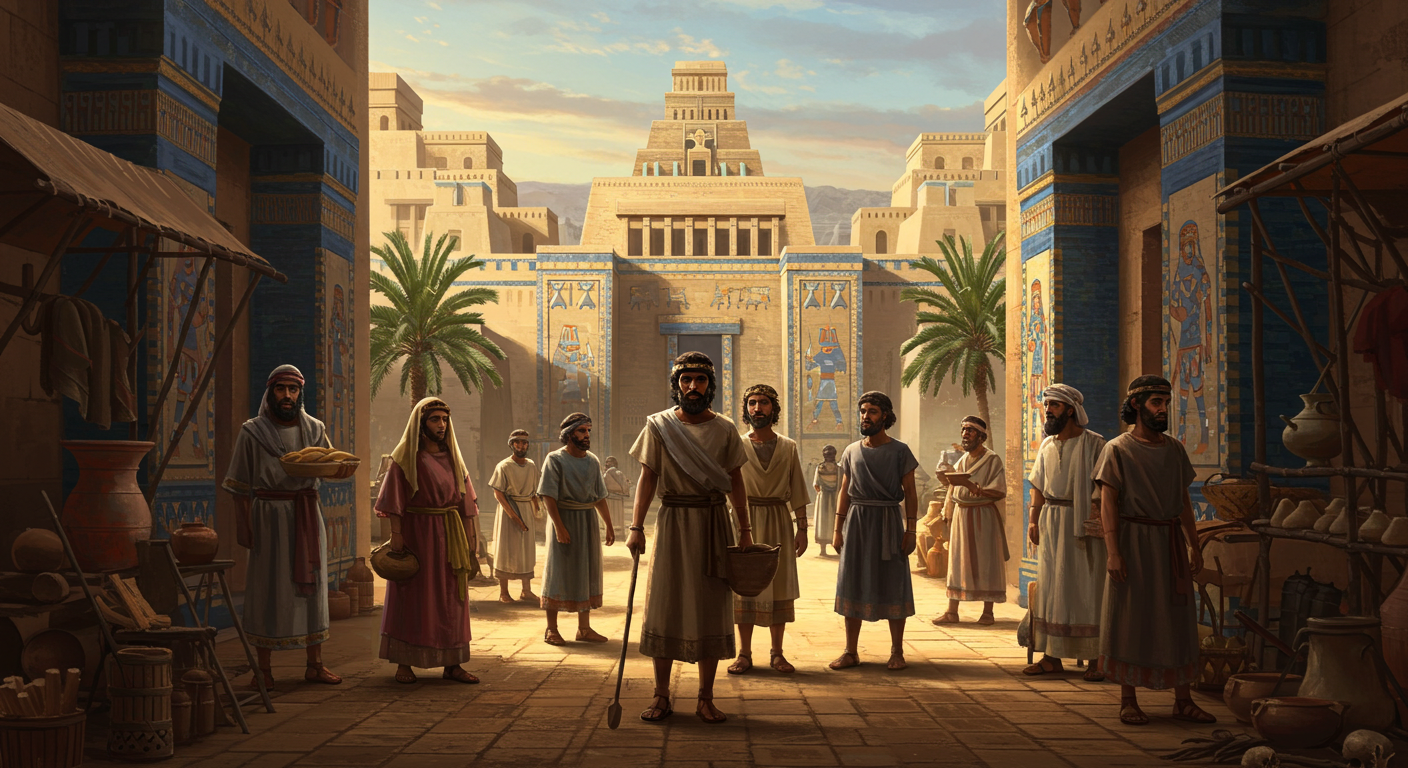
Introduction
Imagine being a young Daniel, living a life of privilege in Jerusalem, only to be whisked away into the heart of the Babylonian Empire. The Babylonians, led by the formidable King Nebuchadnezzar, became more than mere conquerors—they shaped the destinies of many Jewish individuals, including Daniel, who, despite his captivity, played a crucial role in God’s unfolding plan. This empire’s interactions with biblical figures highlight themes of challenge and faith—elements that resonate even today.
The Babylonians in the Bible
The story begins in the third year of Jehoiakim’s reign over Judah when Nebuchadnezzar laid siege to Jerusalem (Daniel 1:1-2). The Babylonians were not just relentless warriors but were also strategic in their approach. They captured the best and brightest of Judah, including young men of royal or noble lineage like Daniel, and transported them to Babylon. This method ensured that they maintained control not just through force, but by indoctrinating future leaders (Daniel 1:1-7).
In Babylon, Daniel and his friends, Hananiah, Mishael, and Azariah, underwent rigorous training in the language and literature of the Babylonians, as decreed by the king himself. Renamed Belteshazzar, Shadrach, Meshach, and Abednego respectively, they were immersed into a foreign culture that sought to erase their heritage and faith. Yet, something remarkable occurred—they refused to succumb completely. Through their steadfastness, they maintained their God-given identities even in a sea of idolatry.
Around the same time, the prophet Jeremiah conveyed God’s message to the exiled Jews in Babylon. He encouraged them to settle down, build homes, and seek the prosperity of their captors, for their stay would last 70 years (Jeremiah 29:10). This prophecy was both a promise and a test—a test of faith and endurance. Amidst foreign rule, Jeremiah’s message was clear: God still had plans for His people, plans for hope and a future (Jeremiah 29:11).
Lessons from Their Story
The narrative of the Babylonians and figures like Daniel and Jeremiah offers several poignant lessons:
- Steadfast Faith: Daniel exemplifies unwavering faith. Despite being coerced to forsake his ways, Daniel held firm, demonstrating that one’s environment need not dictate one’s faith.
- Hope Amidst Despair: Jeremiah’s prophecy illustrates a profound truth: even in captivity, God’s promises remain steadfast. The call to prosper in a foreign land showed faith that transcended dire circumstances.
- Resilience and Adaptability: The ability of Daniel and his companions to navigate Babylonian society while preserving their religious identity reflects a crucial survival skill—balancing adaptability with adherence to core beliefs.
Connection to Today’s World
In our contemporary world, where values often clash and loyalties are tested, Daniel’s story and the Babylonians’ impact echo unchanging truths. Just as Daniel thrived despite opposition, individuals today can succeed without compromising integrity. The globalized age presents myriad ideologies and practices, yet Daniel reminds us of the power of choosing steadfast principles over convenience.
Jeremiah’s message to the exiles also rings true— when faced with uncertainties or prolonged challenges, we are encouraged to build, grow, and seek overall welfare, trusting in hopeful futures planned by a higher power.
Key Bible Verse
“For I know the plans I have for you,” declares the LORD, “plans to prosper you and not to harm you, plans to give you hope and a future.” (Jeremiah 29:11)
This verse captures the essence of trust in divine providence. It is a beacon of hope amidst threats, illustrating the eternal nature of divine promises.
Thought-Provoking Question
In a world where allegiance often sways with trends, how steadfast is your faith and commitment to your core beliefs, even in challenging environments?
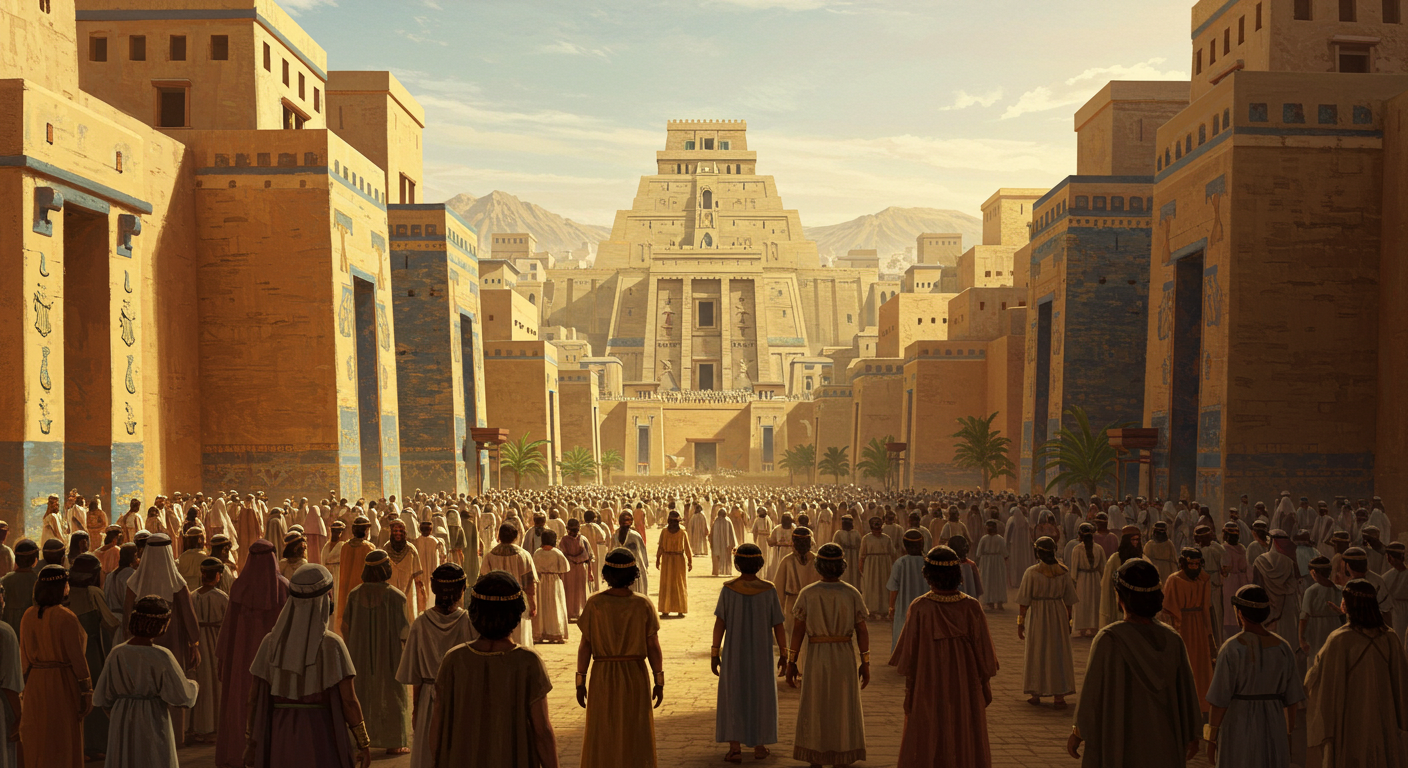
Historical and Cultural Context
During the 6th century BCE, Babylon was not just a city—it was the epitome of civilization. Under Nebuchadnezzar’s rule, the empire saw unparalleled architectural advancements, most famously the Hanging Gardens, and a cultural renaissance. Their ability to assimilate various peoples while maintaining dominance remains a significant study in empire-building, offering yet another layer of understanding of the setting in which Daniel and his friends found themselves.
Conclusion
Immersed in Babylonian society, yet not absorbed by it, the biblical stories set during this era underscore the virtue of remaining rooted in one’s identity and faith. As you reflect on these narratives, consider the enduring power of steadfast faith and divine promises, regardless of surrounding challenges.


